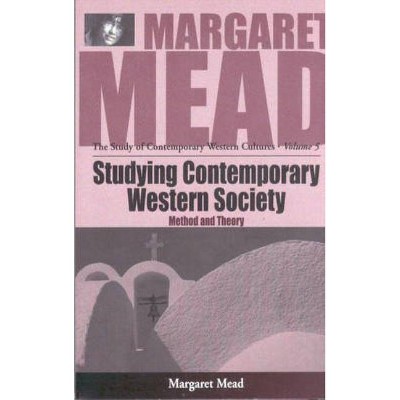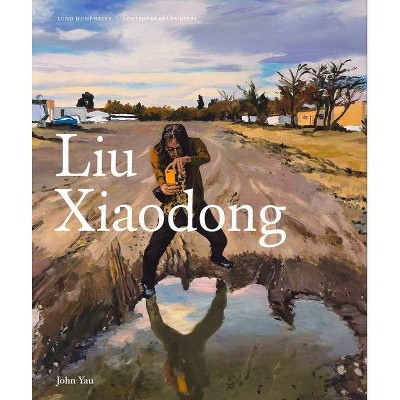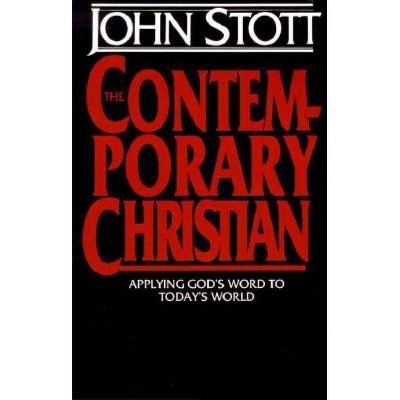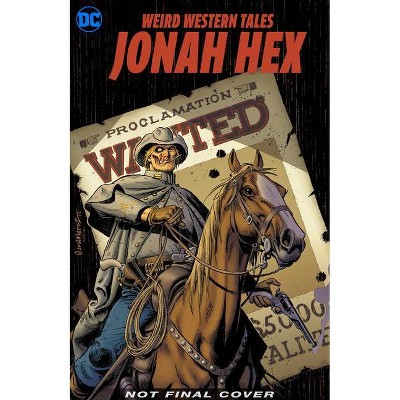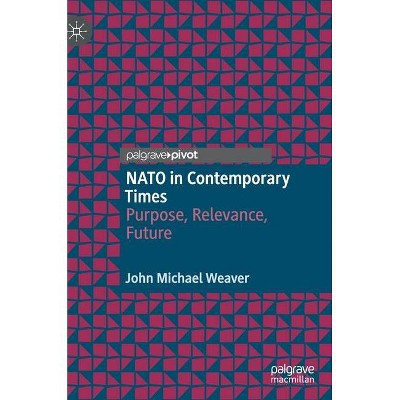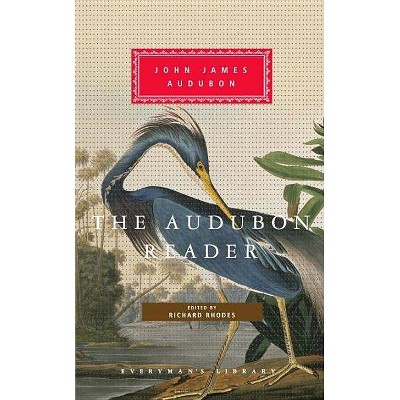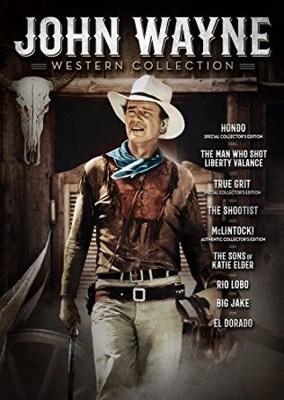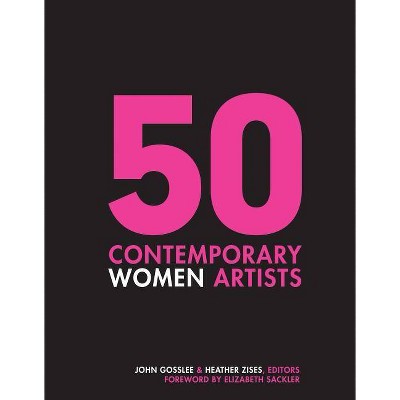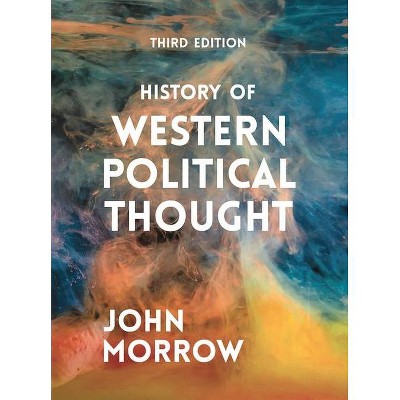The Contemporary Western - by John White (Hardcover)
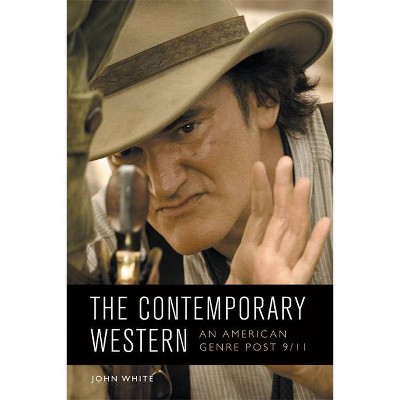
Similar Products
Products of same category from the store
AllProduct info
<p/><br></br><p><b> About the Book </b></p></br></br><p>In this book, John White explores how films such as <em>Open Range, True Grit</em> and <em>Jane Got a Gun</em> reinforce a conservative myth of America exceptionalism; endorsing the use of extreme force in dealing with enemies and highlighting the importance of defending the homeland. </p><p/><br></br><p><b> Book Synopsis </b></p></br></br>The September 11th attacks in 2001 and the subsequent 'War on Terror' have had a profound effect on American cinema, and the contemporary Western is no exception. In this book, John White explores how films such as <em>Open Range, True Grit</em> and <em>Jane Got a Gun</em> reinforce a conservative myth of America exceptionalism; endorsing the use of extreme force in dealing with enemies and highlighting the importance of defending the homeland. Placing their characters within a dark world of confusion and horror, these films reflect the United States' post-9/11 uncertainties, and the conflict between civilised values and the brutality employed to defend them.<p/><br></br><p><b> From the Back Cover </b></p></br></br>'The Contemporary Western offers a judicious interjection into a scholarly field currently dominated by transnational explorations. In refocusing the critical lens on the Western as a specifically American form, it illuminates the complex interplay between post-9/11 politics and established mythologies, demonstrating the genre's continuing ability to shape the ideological perceptions of America's popular-cultural imaginary.' Matthew Carter, Senior Lecturer in Film, Manchester Metropolitan University A distinctive examination of post-9/11 films in relation to the Hollywood western The September 11th attacks in 2001 and the subsequent 'War on Terror' have had a profound effect on American cinema, and the contemporary Western is no exception. In this book, John White explores how films such as Open Range, True Grit and Jane Got a Gun reinforce a conservative myth of America exceptionalism; endorsing the use of extreme force in dealing with enemies and highlighting the importance of defending the homeland. Placing their characters within a dark world of confusion and horror, these films reflect the United States' post-9/11 uncertainties, and the conflict between civilised values and the brutality employed to defend them. John White is Senior Lecturer in Film and Media at Anglia Ruskin University. Cover image: director Quentin Tarantino on set of Django Unchained (2012) (c) The Weinstein Company Photographer: Andrew Cooper/Photofest Cover design: [EUP logo] edinburghuniversitypress.com ISBN 978-1-4744-2792-0 Barcode<p/><br></br><p><b> About the Author </b></p></br></br><p>John White teaches film studies at Anglia Ruskin University in Cambridge. He is co-editor of Fifty Key British Films (Routledge, 2008), Fifty Key American Films (Routledge, 2009) and The Routledge Encyclopedia of Films (Routledge, 2014). He recently contributed chapters to books on Budd Boetticher and Delmer Daves in the Edinburgh University Press ReFocus series, and is the author of Westerns (Routledge, 2011) and European Art Cinema (Routledge, 2017).<p>
Price History
Price Archive shows prices from various stores, lets you see history and find the cheapest. There is no actual sale on the website. For all support, inquiry and suggestion messages communication@pricearchive.us
